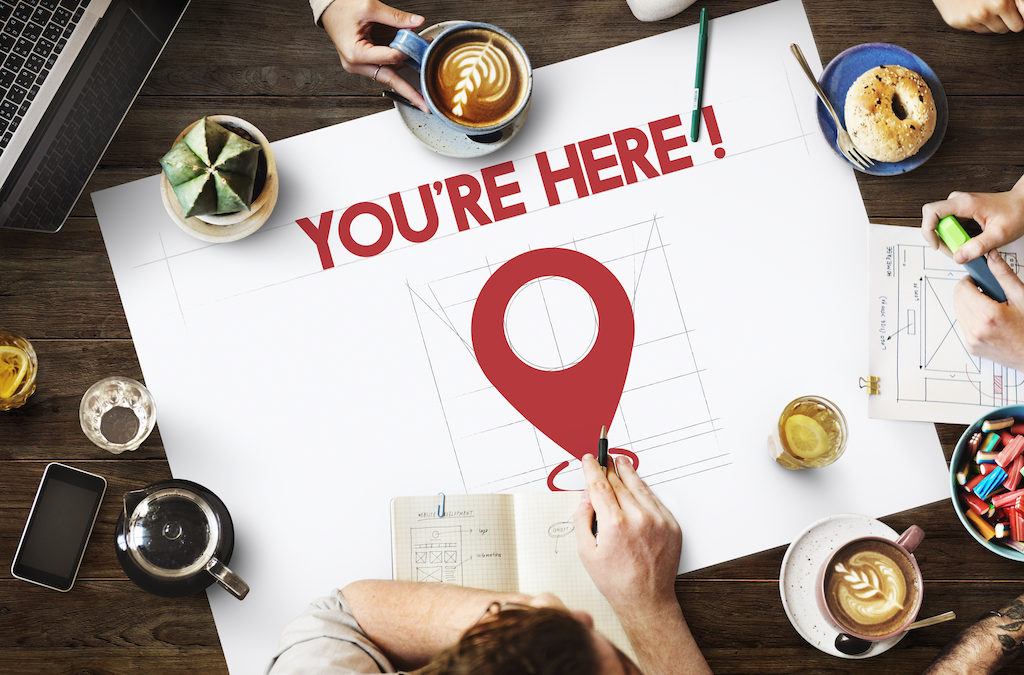A few years back, I was being interviewed for an article on leadership when the interviewer asked me a question I’d never been asked before:
What’s the most important question we can ask ourselves as leaders?Click To TweetMy answer surprised me, as the question that came to mind was “Am I here?”
Here are some other ways of asking it:
- Am I awake?
- Am I present?
- Am I at home within myself?
To better understand this distinction, consider the phrase “the lights are on, but nobody’s home”. That’s a perfect description of what it’s like when we’re “not here” – that is, when our presence is absent. In that absence, the robot left behind to operate in our place is a bundle of psychological impulses and conditioning. Our behavior lacks heart and depth, and it doesn’t impact on the world or other people in any significant way.
When we’re “here”—that is, we’re present and at home within ourselves— we’re incredibly capable. We’re surprisingly wise. We’re indiscriminately compassionate. We’re quirky, but quirky in a way that's perfect.Click To TweetWe find ourselves able to ride the stresses, strains, and variances of daily life with a lot more ease and grace. We’re more creative and effective. We feel better. We do better. We have a richer experience. We’re able to contribute more. Not only that, the experience other people have with us and the impact we have with them is completely different.
In other words, in any given moment we’re here or not here – in touch with our deeper nature or lost in thought. Somewhat bizarrely given how significant the difference is between presence and absence, I rarely notice that I’m gone but I always notice when I’m back. It’s like, “Well, hello you! I remember you. Where have you been?” (Actually, I know where I’ve been. I’ve been in my head thinking about stuff, temporarily unavailable for active duty.)
Here’s another version of the question:
In this moment, do I know that I’m God?
As that one may seem to have come out of left field, here’s a description of what I’m pointing to from The Space Within:
One of my colleagues in the inside-out understanding, Mark Howard, told me a story about how he first learned to go deeper into the space within with his clients. Early in his career, he developed a reputation for helping people addicted to drugs and alcohol and was rightly proud of the work he was doing. He was boasting a bit to one of his teachers when to his surprise the teacher said to him. ‘It’s wonderful that you’re helping these people overcome their addictions, but do you know that they’re God?’
That one comment really woke him up, and he realized that he was settling for a very small change in his clients and then bragging about it. Once he saw that they were God – they just didn’t know it – he knew they had limitless potential to realize their true nature.
I still get uncomfortable from time to time when I share stories like this, as my own habitual thinking about God, religion, and spirit gets all muddled up and I struggle to separate the baby from the bathwater.
But when I say, ‘God,’ I’m not talking religion. I’m simply pointing as best I can to the impersonal energy and intelligence behind life that causes grass to grow, cuts to heal, rain to fall, and inspiration to strike. It’s the invisible but pervasive energy of spirit that, in the words of the physicist David Bohm, ‘infuses all living things’ and is ‘that which is truly alive in living systems.’ We are of that invisible life energy in the same way that a wave is of the ocean or a cloud is of the sky.
When I “know that I’m God” – that is, I’m awake to my spiritual nature – I tend to be a much higher functioning human being. And as I get more and more comfortable with being human (and all that that entails), I do better more of the time and do less damage when I’m off my game.
As a leader, that’s an essential skill, but unlike many skills it doesn’t get better with practice so much as it does through nourishment.
Here’s how the mystic Syd Banks wrote about it in Richard Carlson’s Handbook for the Soul:
You can begin the process of nourishing the soul by living in the present moment, in the now. And if your mind wanders, don’t take these thoughts too seriously. Just let them go, realize that they are nothing more than fleeting thoughts, and you will soon be on your way to finding the peace of mind you seek, with loving feelings for yourself and others bringing joy and contentment to your world.
Or as I’ve written elsewhere:
Every moment we spend in the quiet and stillness of that deepest part of ourselves strengthens our faith that all we are is all we need.Click To TweetWith all my love,![]()






